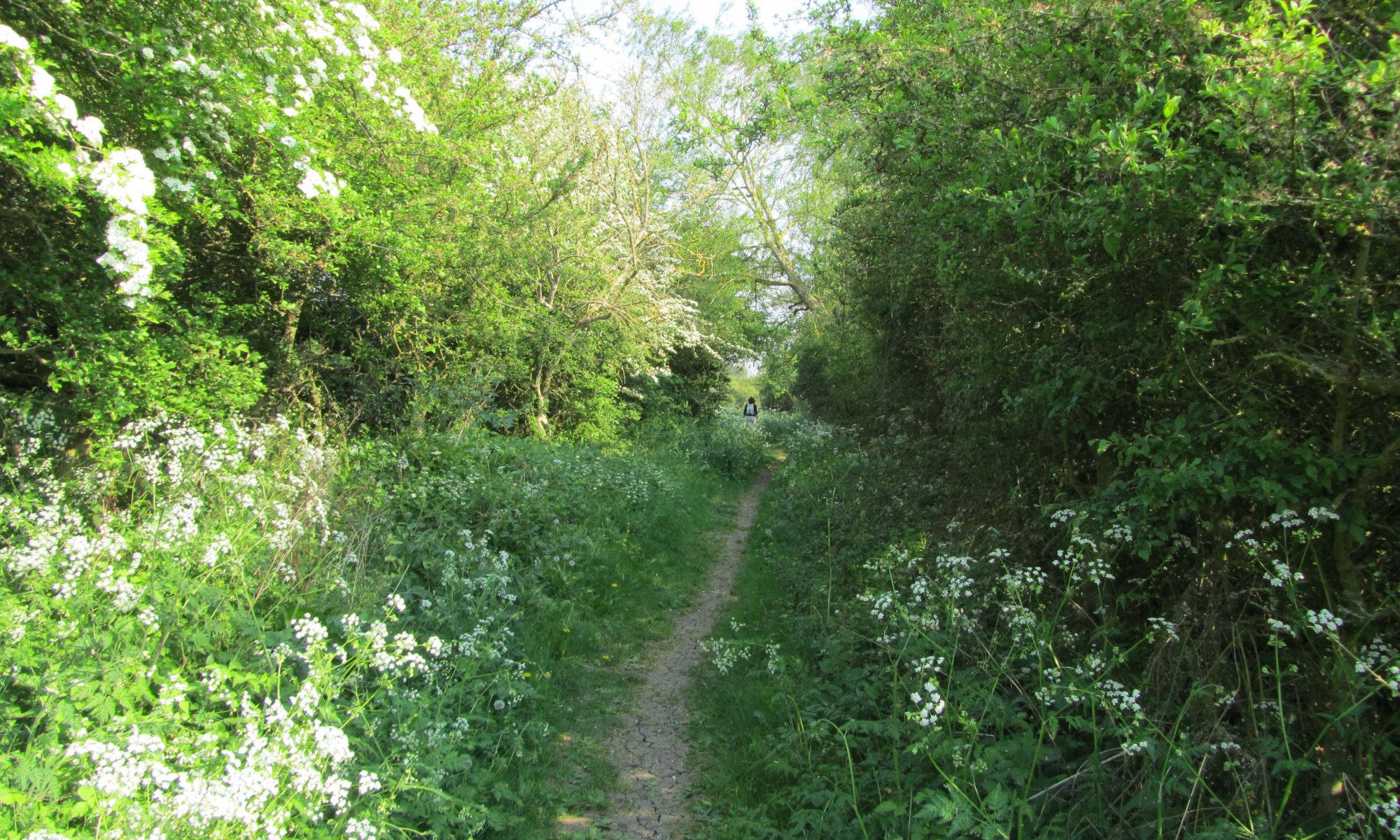
Most of you will be aware of the problems surrounding the use of palm oil.
The palm oil industry is hugely destructive, utilising slash and burn methods in some of the Earth’s last remaining rain forest habitats. Wide swathes of forest in Indonesia, the Congo Basin, and most notably Borneo, have been devastated causing massive habitat loss. The Orang Utan is the most famous victim of these processes and has become the poster child for the anti-palm oil movement. There are countless other losses too, inevitably including some species that were still unknown to science.
A quick read of the internet on this subject will not only explain it in more detail, but will point you towards sustainable sources of palm oil. Personally, I don’t believe them. I have zero faith in the ability of large corporations to regulate themselves. Just adding the word “sustainable” in front of something doesn’t make it so.
Some soap makers insist that palm oil is essential to soap making. This is clearly wrong. It’s easy to make soap that is free from palm oil. Soap makers just need to change from their old favourite recipes and look around for new ‘palm free’ ones.
None of our soap contains palm oil
Soap aside, what can you do about this situation?
The first and most obvious thing to do is to avoid using products that contain palm oil. Lots of people will tell you it’s nigh on impossible. Palm oil is found in around 50% of supermarket products, including cosmetics and cleaning products as well as food. However we have found it pretty easy to avoid. Just read the labels and adjust your eating/shopping habits a little. The lack of biscuits has been hard, as has shelling out for brand name peanut butter!
When reading labels watch out for pseudonyms. Palm oil has become a dirty word in marketing and corporations are always looking for ways to disguise its use. Look out for ingredients such as “Hydrated Palm Glycerides”, “Etyl palmitate” and even the Latin name “Elaeis guineensis“.
It actually makes sense to look for your vegetable oil ingredients to be listed by specific name, e’g., coconut oil, sunflower oil, rape seed oil, etc..
Those of you with smart phones can download the Buycott app. This free app allows you to scan bar codes and find out the exact ingredients of the product and how sustainably they are sourced.
Secondly, get active! Write to your MP. Write to the major supermarkets and corporations. Write to the manufacturer of the palm oil product that you are loathe to go without. Tell them you are going to boycott their products. The internet is your friend here and is an invaluable source of good information and access to international campaigns. A good place to start is at the Rainforest Foundation where you can access more information, donate and download this handy guide to help you.
Don’t beat yourself up too much about all this. You can’t do everything, but every little helps eh. For me, it’s not so much the idea that I can make a difference, it’s more just a question that I don’t want to support this destruction by giving these companies my money. You might not be able to fix it, but you can stop supporting it.
